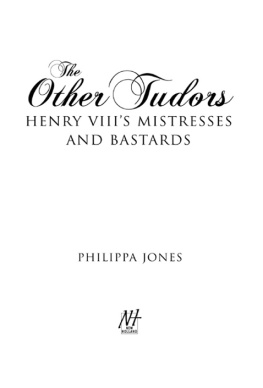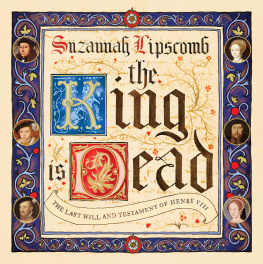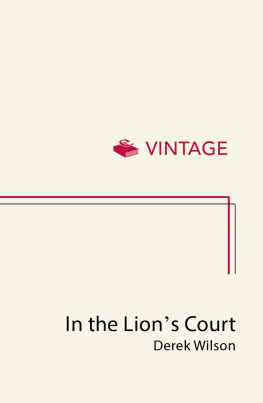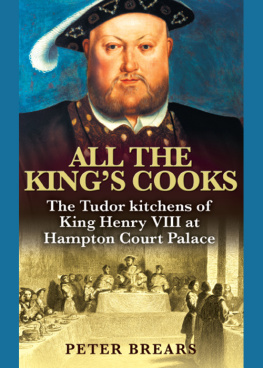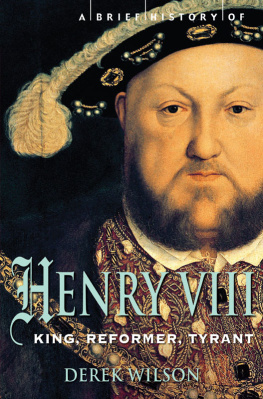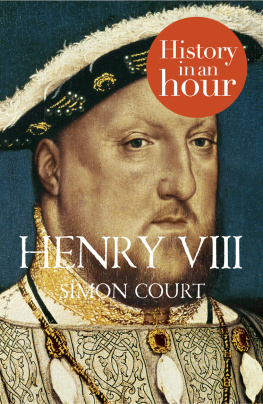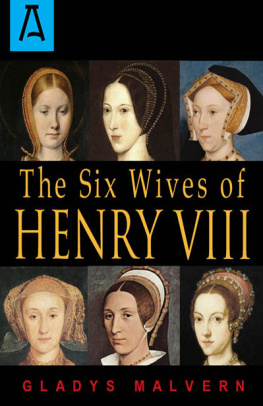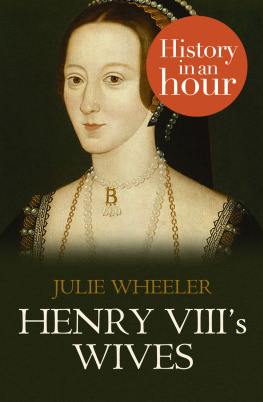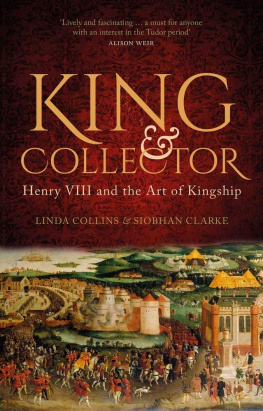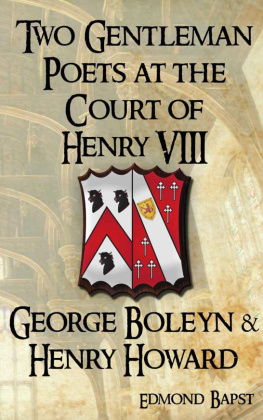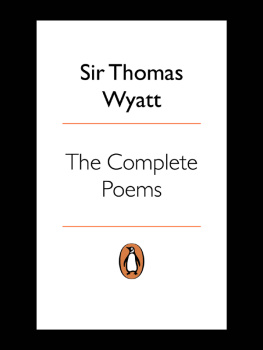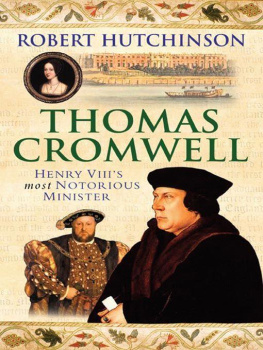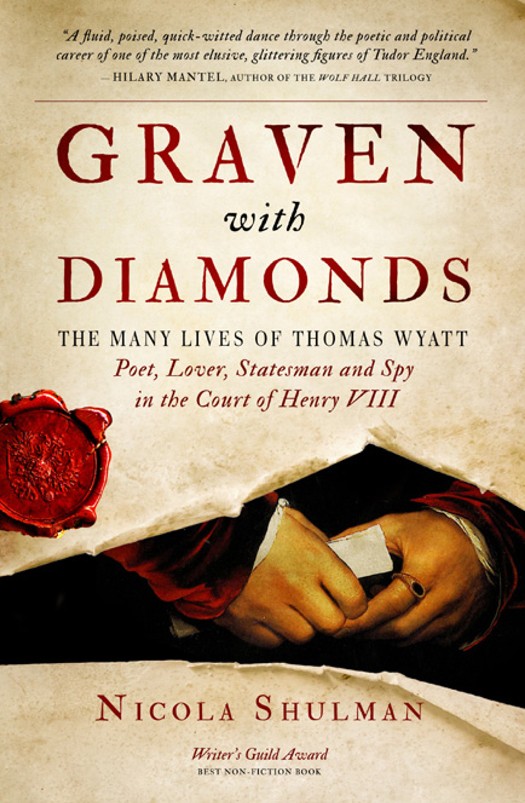
Masterly full of good jokes the best work of history this year.
AN Wilson, Book of the Year, Evening Standard
The outstanding history book of the year A perceptive work of radiant scholarship. Brilliantly evokes the thrilling and often dangerous role of poetry in the court of Henry VIII. Wyatts life as courtier, spy, lover and diplomat was extraordinary enough. What makes Shulmans work such a joy is the revelatory urgency with which she engages with language.
Lisa Hilton, Independent
Really exciting: a literary thriller Im already dreading finishing it.
Rachel Cooke, Independent, Best Summer Reads
Beautifully intelligent and lucid Shulman does a wonderful job of showing how Wyatt is one of those poets (one of the best types of poet) whose work conceals enormous complexity and strong countercurrents of thought and feeling underneath an apparently plain and transparent surface.
John Lanchester, Book of the Year, New Statesman
In this poised, lucid, often arresting and frequently witty biography, Nicola Shulman strides confidently where academics fear to tread Depicting Henrys court as a world of terror and uncertainty, she shows how lyric poetry with its dangerously subversive possibilities became in Wyatts hands an ideal medium for saying what could never be said.
John Guy, Sunday Times; Book of the Year, Glasgow Herald
Nicola Shulman pulls off the tricky task of moving between the edgy life and the wonderfully elusive writing of Henry VIIIs greatest poet, without reducing the poems to mere biographical ciphers.
Jonathan Bate, Sunday Telegraph, Book of the Year
A clever biography, captivating as a netsuke and as charming as an historical novel.
Times Sat Review, Best Summer Reads
A brilliant example of literary rehabilitation A narrative full of scheming courtiers, amorous women, slippery foreigners and a cruel but oddly earnest king who worshipped poetry What is so compelling about Graven with Diamonds is not the just the story Nicola Shulman tells, but the way she tells it The result is a thrilling book that manages to be both scholarly and wonderfully readable.
***** Kathryn Hughes, Mail on Sunday
This glitteringly brilliant book dazzles in its scope, its scholarship and its originality As a biography it is exceptionally accomplished, as an illumination of the function of literature under tyranny it is extraordinarily modern. Everyone who cares anything for poetry should read this vivid, dynamic and exhilarating account of how and why words matter.
Times Literary Supplement, Book of the Year
One of the joys of this book is its lightness of touch In Shulmans company [Wyatt] is utterly captivating. The poems glisten again, illuminating everything and everyone around them. It is a marvellous achievement, and a lovely book.
Jessie Childs, The Literary Review
One of the most persuasive and pleasurable accounts of English Renaissance poetry to appear in years.
Boyd Tonkin, The Independent
A close presentation of Wyatt through his verse which gives a sudden and surprising insight into the entire Tudor world Written with the elevated clarity and dapperness distinctive, crisp, decided
David Sexton, Evening Standard
Wonderfully entertaining Morning fresh.
Irish Times
The great strength of Shulmans book lies in its incisive readings of Wyatts verse and its likely motivations. She writes precisely, with original, sympathetic perceptions and an infectious relish for her subject
The Daily Telegraph *****
Shulman has a gift for detail and for vivid phraseology; the complexities of Henrician intrigue are laid out in easily comprehensible fashion so that even a novice such as I can grasp them This finely considered, silver-veined biography is a decorous and wise monument: now, as Shulman provides the right circuitry, his poems will spark up for us all.
Philip Womack, Daily Telegraph
Wyatt was not only a poet he may have been the lover of Anne Boleyn, and also had a reputation as both an assassin and a spy. All of these disparate threads, with a lavish helping of his verse, are woven through Graven With Diamonds by Nicola Shulman, whose lyrical prose creatively matches that of her extraordinary subject.
Oxford Times
Sharp, dangerous and exhilarating bursting with drama as well as being scholarly and full of surprises.
Geordie Greig, Book of the Year - Evening Standard
Spectacular brilliance Deftly combining the skills of critic, biographer and historian, Shulman illuminates the poems by their context and vice versa.
Lewis Jones, Spectator.
Trenchant lively and sensitive.
Guardian
Elegant literary criticism and fresh insights into the most influential poet of his day.
The Tatler
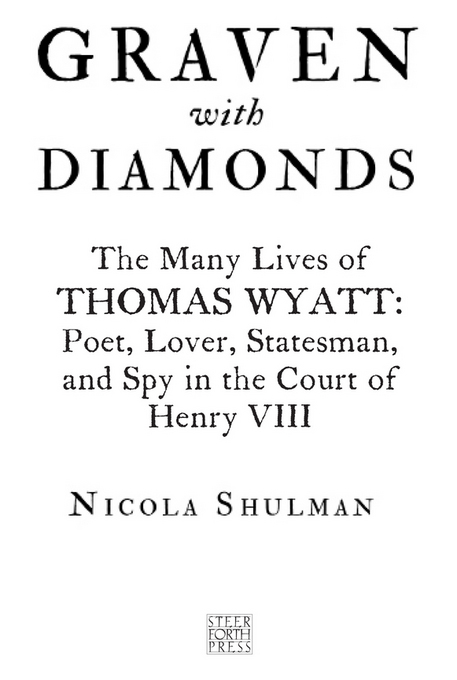
Copyright 2013 by Nicola Shulman
ALL RIGHTS RESERVED
First published in the United Kingdom in 2011 by Short Books,
Copyright Nicola Shulman 2011
For information about permission to reproduce
selections from this book, write to:
Steerforth Press L.L.C., 45 Lyme Road, Suite 208,
Hanover, New Hampshire 03755
Library of Congress Cataloging-in-Publication Data
is available from The Library of Congress
eISBN: 978-1-58642-208-0
v3.1
To Janet Gough
Contents
I knew I had slypper riches, nat nayled with a sixe penny nayl.
Thomas Wyatt, The Quyete of Mynde
Then Peter knelt beside her and found his button. You remember she had put it on a chain that she wore round her neck.
See, he said, the arrow struck against this. It is the kiss I gave her. It has saved her life.
I remember kisses, Slightly interposed quickly, let me see it. Aye, thats a kiss.
J.M. Barrie, Peter Pan and Wendy
AUTHORS NOTE
Because this book is intended as an introduction, most spellings have been modernised for the sake of intelligibility. Early modern spelling has been retained in places where I thought that changing the spelling would spoil the sense or erase the emphasis. It is quite easy to understand if read aloud. Wyatts lyrics also benefit from being read aloud, if convenient.
The Wyatt lyric canon is fraught with problems of attribution. I have tried to select examples where the attribution to Wyatt is most secure.
PROLOGUE

Time that is intolerant
Of the brave and innocent,
And indifferent in a week
To a beautiful physique,
Worships language and forgives
Everyone by whom it lives;
Pardons cowardice, conceit,
Lays its honours at their feet.
Time that with this strange excuse
Pardoned Kipling and his views,
And will pardon Paul Claudel,
Pardons him for writing well.
W .H. Auden wrote these verses to commemorate the events of January 1939, the month that W.B. Yeats departed life and Auden, England and her coming wars. He later took them out on grounds of tact; but he left in the famous parting shot that liberated poets from their political responsibilities. Poetry makes nothing happen, he wrote; meaning, it is not the business of poets to be right, or brave, or just, or useful. What poets should do, is write well.


